Corn Rotation and Other SCN Management Strategies
Dr. Mandy Bish discusses the role of corn in combating soybean cyst nematode and highlights other various management strategies for SCN. She urges awareness of Sudden Death Syndrome as a potential visual indicator of SCN within the field as well as reviews data from seed treatment trials.
SCN Resistance in Soybean Varieties
Soybean cyst nematode has overcome the PI 88788 resistance, which farmers have relied on for over 30 years. Researchers have identified commercially available soybean varieties with Peking resistance that excel in high SCN pressure areas.
Uncovering the Challenges of SCN Distribution
Distribution is a major challenge in researching and managing soybean cyst nematode. This pest tends to stay close to its original location in the soil, leading to significant variations in egg counts even within a small 6-inch radius.
Prioritizing Funding for SCN Research
How should funding be allocated for soybean cyst nematode (SCN) research? Dr. Mandy Bish, University of Missouri Extension Specialist, and Stephanie Porter, Illinois Soybean Association Outreach Agronomist & CCA, explain how it takes a team to research this pest and how to pursue collaborative efforts with commodity associations, corporations, and universities.
SCN Management Starts With Testing
Knowing soybean cyst nematode (SCN) egg counts in your fields is key to managing this pest. Dr. Mandy Bish, University of Missouri Extension Specialist, & Stephanie Porter, ISA Outreach Agronomist & CCA, explain the importance of consistent testing. Get FREE SCN sampling kits through the Illinois Soybean Association & University of Illinois Plant Clinic.
Soybean Cyst Nematode(SCN): A Rising Threat in Soybean Fields
Why should farmers be vigilant about soybean cyst nematode? While we've relied on the genetic approach of PI 88788 resistance for over 30 years to combat SCN, resistance is emerging, and though we haven't reached a full-blown crisis, we're heading in that direction.
Question of the Week: What Is the ID of All These Black Moths?
The recent appearance of black moths has raised questions, but according to ISA Outreach Agronomist, Stephanie Porter, they are adult green cloverworms. Typically found in soybeans and various other plants, they are not considered serious pests.
Contribute Your 2023 Soybean Harvest Samples for Quality Survey
Join the 2023 Soybean Quality Survey and send in your harvest sample for free! Dr. Seth Naeve of the University of Minnesota welcomes farmers across the United States to take part. Your individual results will remain confidential and assist in identifying top-quality soybean varieties.
Waterhemp Seed Collections Needed from Illinois Soybean Fields
To better understand the level of resistance to Group 15 herbicides, Dr. Aaron Hager is seeking waterhemp seed collections from Illinois soybean fields. Results will be used to provide farmers with recommendations on how best to incorporate these herbicides into integrated weed management programs.
New ISA Agronomy Plots ‘A Fresh Start’
Soybean and cover crop plots made their debut at this year’s Farm Progress Show presented by the Illinois Soybean Association.

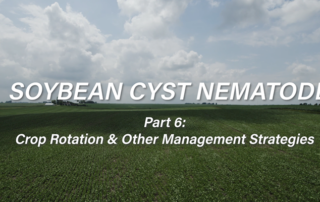
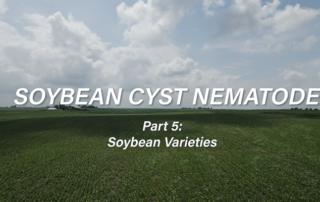
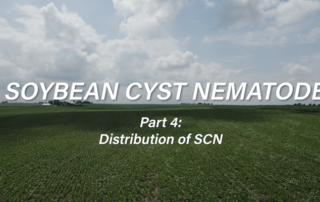
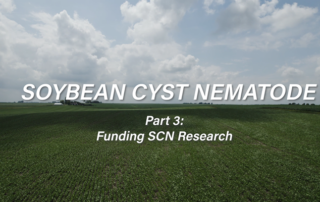
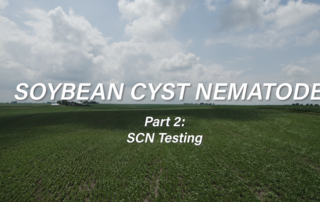
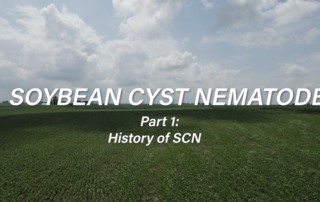
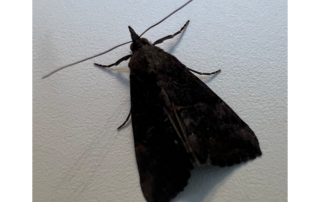

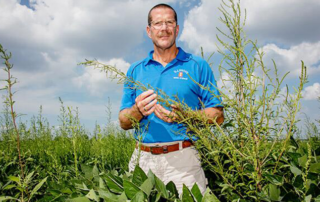
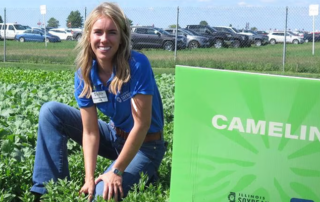

 and then
and then